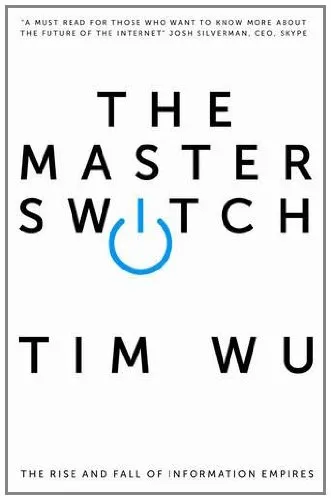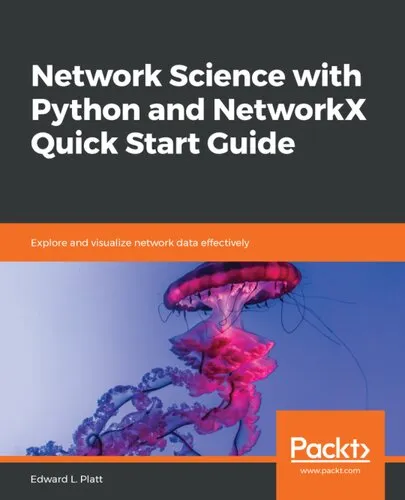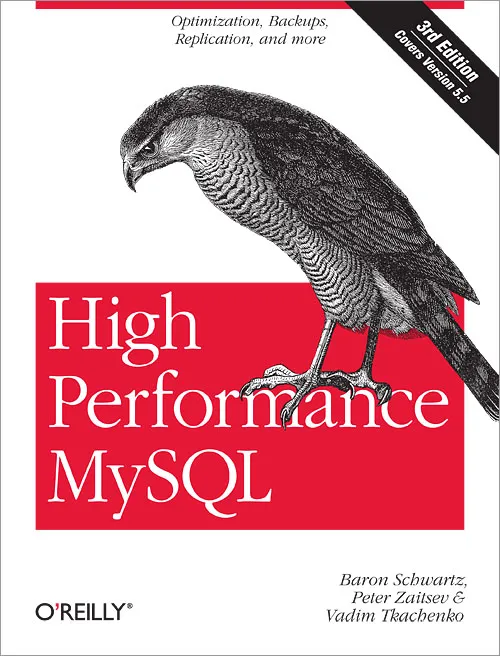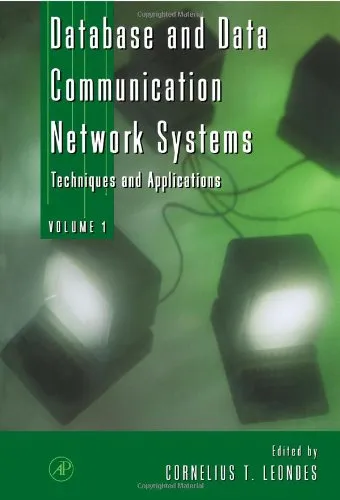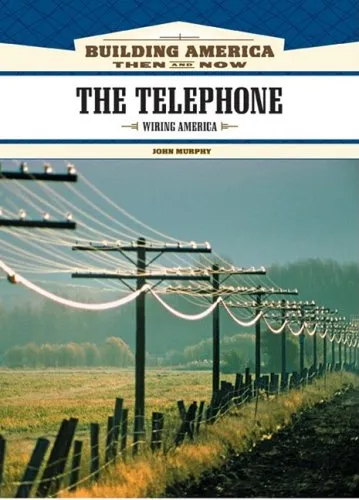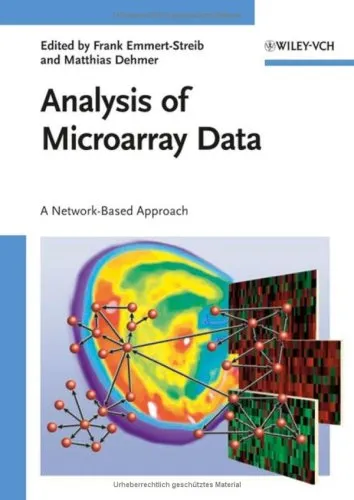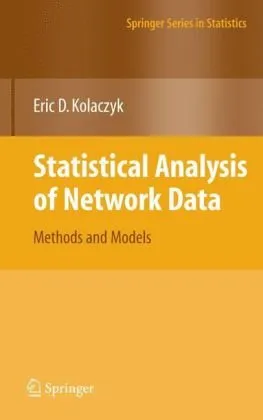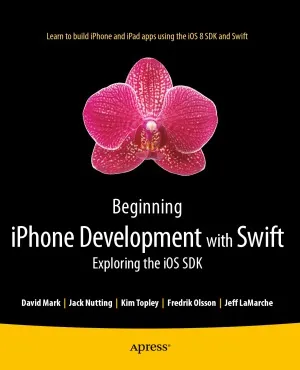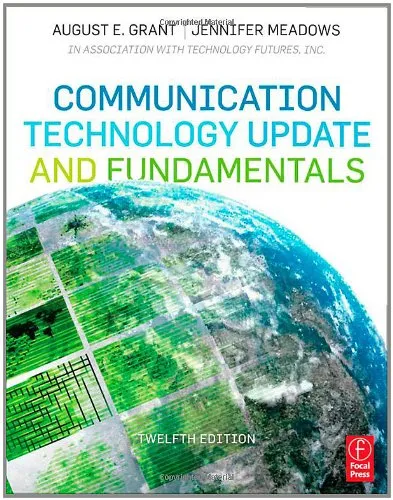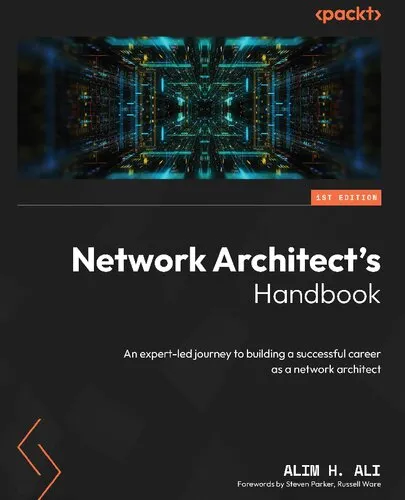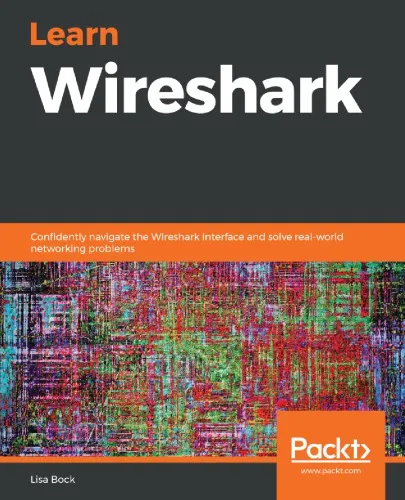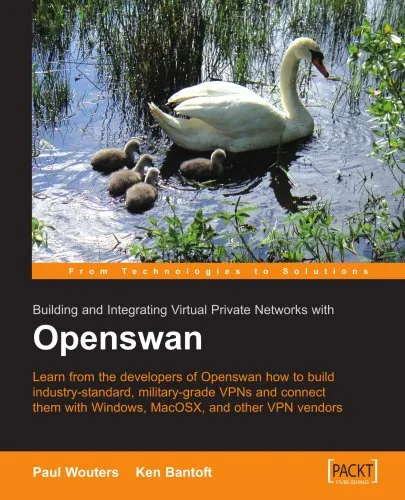Master Switch: The Rise and Fall of Information Empires
4.4
Reviews from our users

You Can Ask your questions from this book's AI after Login
Each download or ask from book AI costs 2 points. To earn more free points, please visit the Points Guide Page and complete some valuable actions.Related Refrences:
Introduction to 'The Master Switch: The Rise and Fall of Information Empires'
In today's world, where access to information defines the contours of power, the book 'The Master Switch: The Rise and Fall of Information Empires' by Tim Wu explores the historical cycles of dominance and disruption that characterize the communications industries. This seminal work examines how powerful companies have risen to shape—and sometimes stifle—innovation, freedom, and competition in the markets of information technologies. Wu’s analysis dives deep into the dynamics of monopolies, technological creativity, and government intervention, offering profound insights into what it means to regulate, foster, and protect the free exchange of ideas in the digital age.
Tim Wu, a Columbia Law School professor and renowned scholar of technology policy, provides a compelling framework for understanding why history seems to repeat itself in the telecommunications and media industries. This book offers both a cautionary tale and a glimmer of hope for how societies can use these patterns to better navigate the future of the Internet and our broader communication systems. Through detailed histories and forward-thinking analysis, Wu draws parallels between past monopolies and today’s tech giants while addressing the potential outcomes of unchecked monopolistic control. Below, you’ll find an engaging breakdown of the book's main ideas and its significance.
Detailed Summary of the Book
The central thesis of The Master Switch is that the rise and fall of powerful information empires follow a predictable cycle Wu calls "The Cycle." This cycle begins with the introduction of a transformative technology—such as the telephone, radio, or Internet—sparking a period of creative anarchy and open competition. During this phase, innovation flourishes as new players enter the industry and consumers benefit from a wealth of choices.
However, this productive openness often gives way to a state of consolidation. Over time, a small number of dominant players emerge, gaining control of the industry. These companies, such as AT&T in telephony or Hollywood’s major studios in the film industry, often erect barriers to prevent competition, acting as gatekeepers of innovation and content. Wu illustrates how monopolistic entities suppress alternatives that challenge the status quo, gradually inhibiting further technological progress.
Wu also explores the role governments can play in these cycles. While regulation can curb the excesses of monopolies, partnerships between corporations and governments—for purposes like wartime communication strategies—can also entrench monopolistic behavior. The book applies these historical precedents to modern-day concerns around technology giants like Google, Apple, and Facebook, warning against repeating the mistakes of the past.
In conclusion, The Master Switch posits that understanding the cyclical nature of information empires allows stakeholders—whether policymakers, entrepreneurs, or consumers—to break the cycle of consolidation and preserve the democratic potential of communication technologies.
Key Takeaways
- The "Cycle" of information industries often progresses through stages: invention, open competition, consolidation, and stagnation or monopoly.
- Monopolies often arise due to companies' strategic control over new technologies, content, and distribution platforms.
- Government intervention can either curb monopolistic power or exacerbate it through partnerships with dominant companies.
- The survival of innovation and competition requires constant vigilance and regulatory frameworks that prioritize openness and fairness.
- By understanding historical patterns, society can better prepare for future disruptions in information technology and media industries.
Famous Quotes from the Book
"History shows a typical progression of information technologies—from somebody's hobby to somebody's industry, from exciting and 'open' to boring and 'closed'—until the next big thing forces change."
"The cycle teaches us that freedom and openness are not the natural state of a communications market. Without objection or protest, they erode."
"There is no essential difference between a telephone call, a radio broadcast, and an Internet transmission. They can all be used to transmit free speech—or block it."
Why This Book Matters
This book is essential reading for anyone interested in the intersection of technology, innovation, and power. Wu’s work is particularly meaningful in today’s digital economy, where a few tech giants dominate global markets for search engines, social networks, and e-commerce. It provides readers with a framework for understanding not only how these companies gained their influence but also what risks such dominance poses to innovation, economic fairness, and democratic discourse.
The Master Switch is also crucial for policymakers tasked with regulating rapidly developing technologies while avoiding stifling creativity. By offering an in-depth analysis of historical monopolies, Wu equips readers with the tools to better navigate the challenges posed by modern-day conglomerates. Whether you are an entrepreneur, a consumer, or simply a citizen of the digital age, this book serves as a guide to understanding the forces shaping your access to information—and the steps necessary to preserve a truly open system.
Free Direct Download
You Can Download this book after Login
Accessing books through legal platforms and public libraries not only supports the rights of authors and publishers but also contributes to the sustainability of reading culture. Before downloading, please take a moment to consider these options.
Find this book on other platforms:
WorldCat helps you find books in libraries worldwide.
See ratings, reviews, and discussions on Goodreads.
Find and buy rare or used books on AbeBooks.
